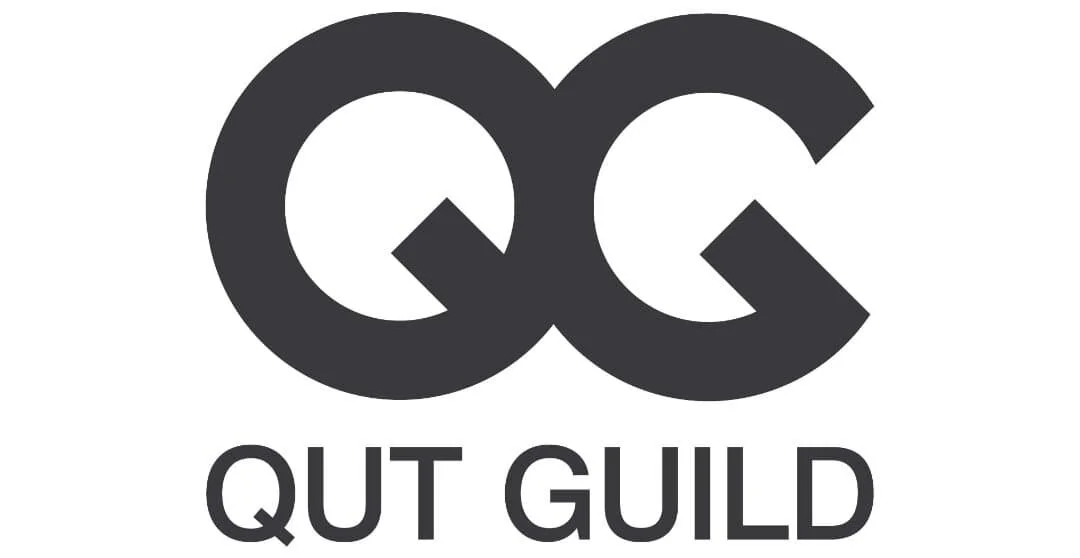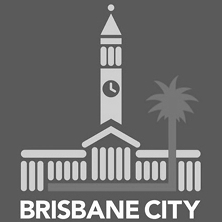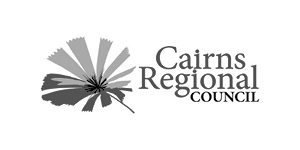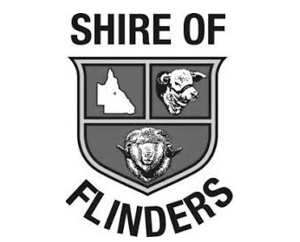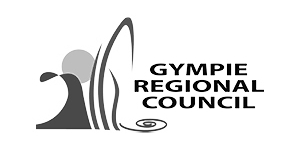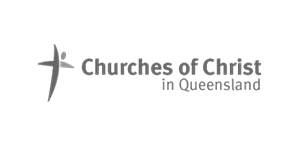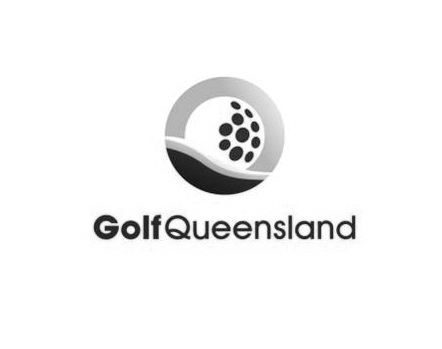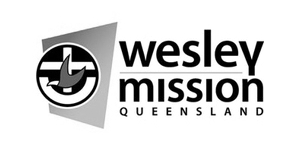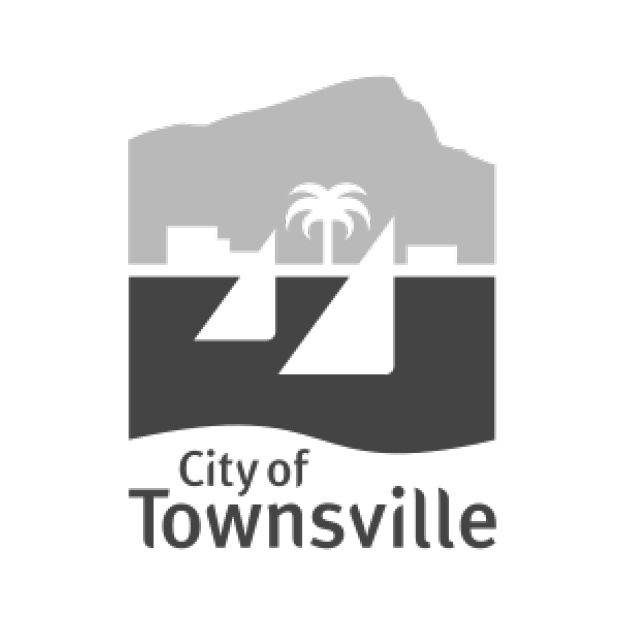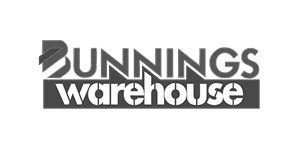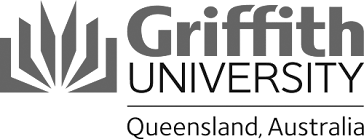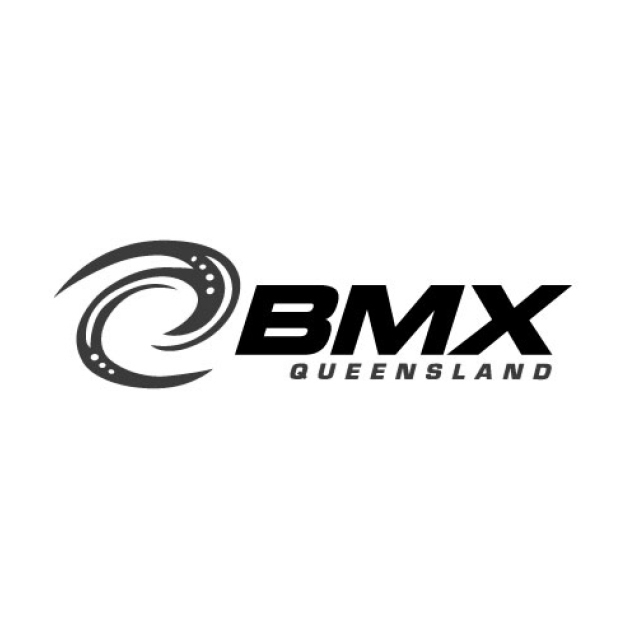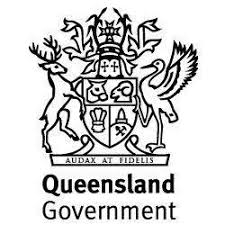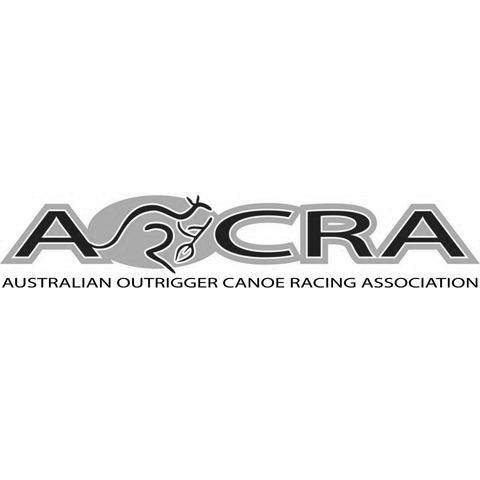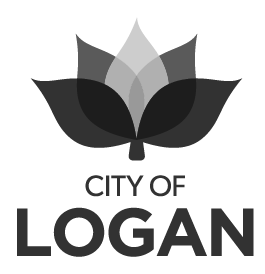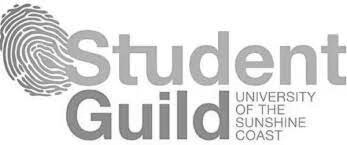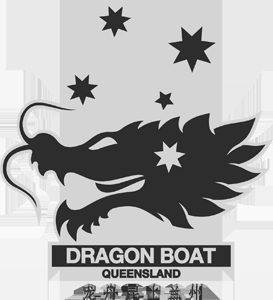Equitable access is a commitment to fostering inclusive spaces where every person feels empowered to move freely. While laws provide essential frameworks, individual actions play a pivotal role in making spaces accessible. Through our community work at CPR Group, we’re seeing what is required to encourage communities to take shared responsibility for creating accessible, inclusive public spaces.
The Stories Behind a Walking Network Plan
Author: Courtney Frederiksen, CPR Group
We all know that walking is good for us. Some of us even track our steps daily, striving to hit that recommended number. Personally, I feel the effects when I don’t walk enough—that ache in my shoulder starts up again and my mood gets a little darker. Walking not only stretches my body but also provides a much-needed rest for my mind.
My appreciation for walking deepened significantly during the development of Walking Network Plans for Councils, funded recently by TMR. Conversations with community members revealed not just why they walk, but also what barriers they face in making walking a part of their daily lives.
There’s walking out of necessity—like taking children to daycare or popping down to the local shops. Then, there’s walking for health and well-being, whether it's achieving personal goals or just getting outside to feel the sun on your face. Then, there’s walking for connection.
Connection to Place
One woman shared her personal challenge of walking every street in her town to reconnect with the place she grew up. It’s a beautiful example of using walking to reestablish a bond with our surroundings and with our past.
Connection to Nature
Many people shared pictures of sunsets and landscapes from their favourite walking spots, highlighting how walking lets them enjoy the beauty of nature. There are numerous opportunities to connect with nature while walking, from forest treks to mountain hikes. However, we can’t always get out for a hike, or we may not be able to or feel safe to do so. During our consultation it became clear how vital it is that there are everyday walking options that allow people to stay close to nature in a controlled, safe, and accessible manner—such as well-lit, open, and populated park paths.
Connection to Community
This connection becomes especially poignant when it is lost. It is often those most in need of connection who are at the greatest risk of losing it. For instance, the elderly who struggle to navigate poorly designed bollards with their walkers might decide to miss out on an activity at the library. New mothers might avoid venturing out if pushing a pram on the road feels unsafe. People in wheelchairs might long for the independence of reaching the park on their own.
Walking, running, and moving with the help of mobility devices are vital for everyone. This was evidenced by the overwhelming responses and positive feedback we received during our Walking Network Plan consultations. And that’s why it's so crucial to get it right.
We use a combination of data, consultation and site audits to find where people are walking, where they would like to walk, and the gaps between.
In this way, CPR Group's Walking Network Plans are well-informed, practical, and most importantly support the community to connect with nature, themselves and with others.
Welcome to Mark Fox - Town Planner
Mark Fox
Strategic Writer and Researcher | B.Env.Plan. (First Class Honours)
CPR Group welcomes Mark Fox to our CPR Group Planning team.
Mark is an experienced town planner and project manager with 20 years in the development industry. His extensive hands-on and leadership experience covers local government development assessment, master planning, private retail planning and a long list of business and industry improvement initiatives.
Through Mark’s roles on the Sunshine Coast, London and Ireland, he is skilled at working with different stakeholder groups and across different planning, building and plumbing legislation frameworks, and prescriptive and performance-based provisions.
Mark's notable career accomplishments include developing the award-winning Development.i application (a pioneering development application visualisation and tracking system) and implementing the Online Plumbing Inspections System (an industry-first web platform).
Mark is a father of four young children and is passionate about squash. He has a strong involvement in the squash community as a player, parent, coach and volunteer at club, regional and state level. Being family-orientated and active on a management committee makes Mark such a great fit for CPR Group.
Our Council clients will likely work in close collaboration with Mark on our master planning and site development projects.
Master Plan: Revitalisation of Burdekin Netball Association in Collaboration with Facility Planning Consultants
Seeking to address their outdated infrastructure and meet the growing demands of their members, Burdekin Netball Association enlisted the expertise of CPR Group. Through the collaboration, a comprehensive master plan package was developed by CPR Group’s facility planning consultants to support BNA's future growth and improve their facilities.








